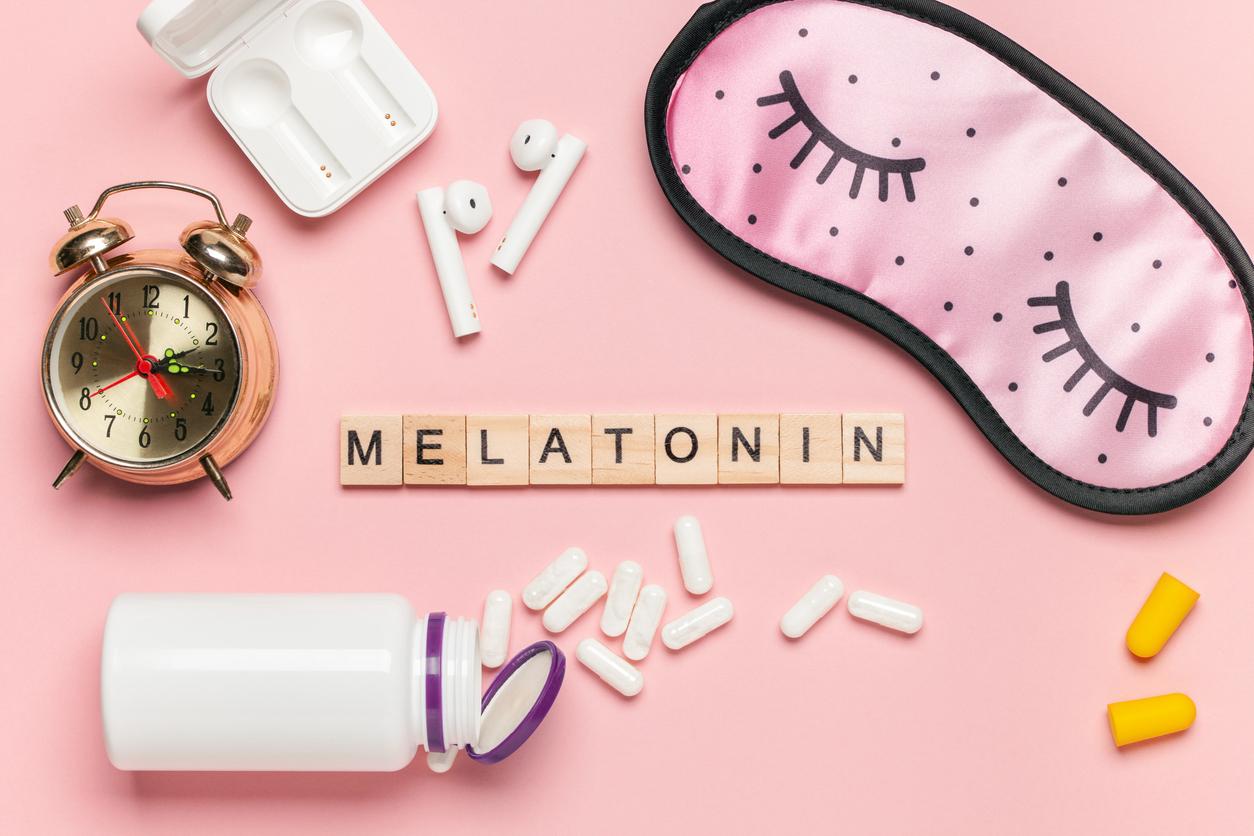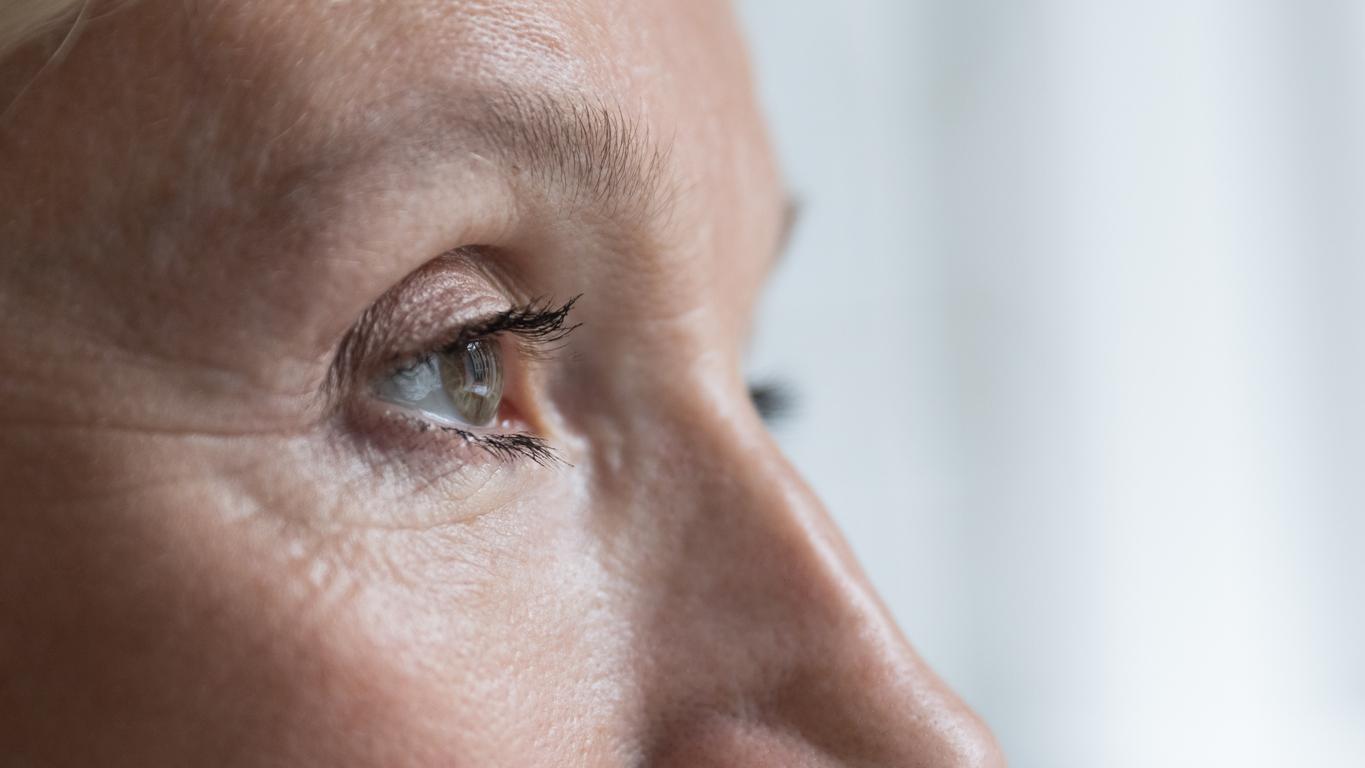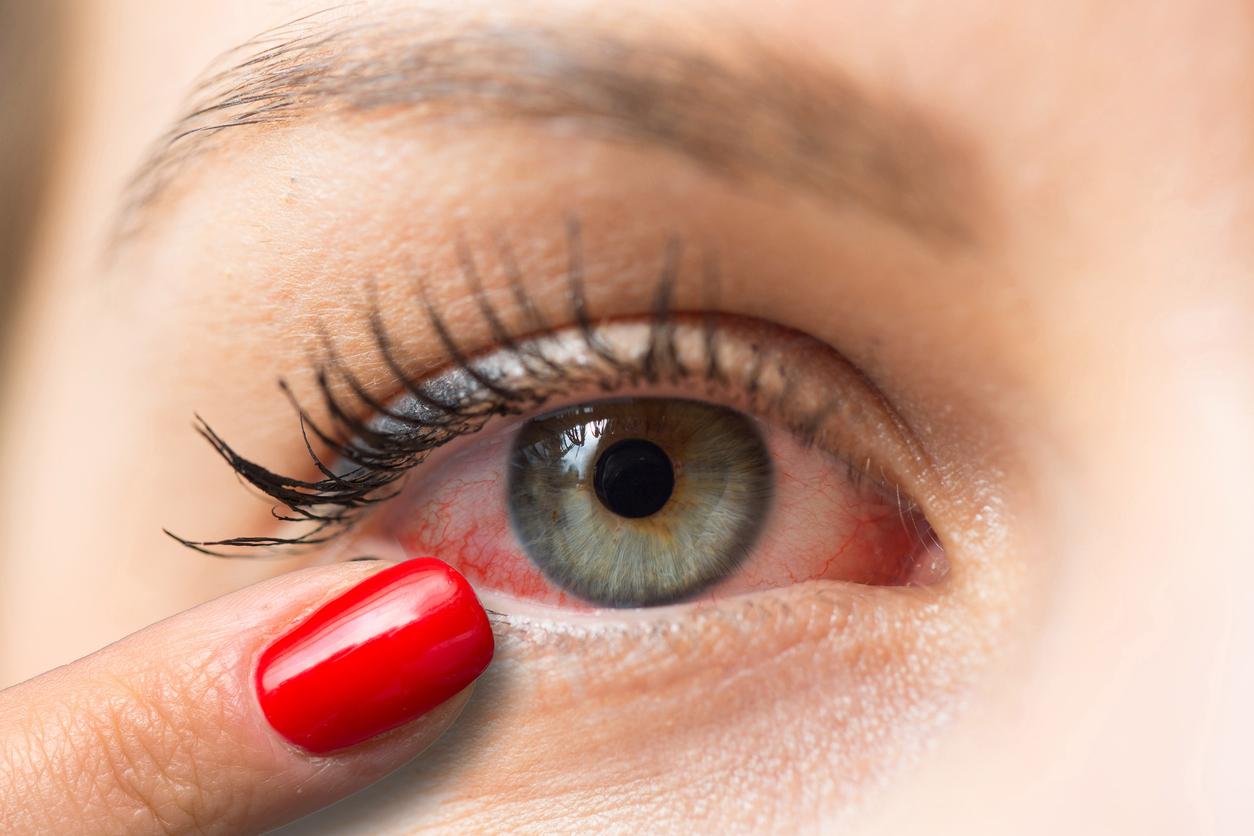Daily consumption of grapes would help prevent the risk of eye diseases occurring with age.

- Oxidative stress is considered one of the main risk factors for eye diseases.
- High levels of advanced glycation end products (AGEs) may also increase the risk of eye diseases.
- Antioxidants present in grapes may prevent eye diseases due to their action on oxidative stress and levels of advanced glycation end products.
Abundant source of soft fibers, water and potassium… Grapes are a real health ally, which facilitates transit and participates in the evacuation of waste from the body. In addition to its detox and laxative properties, this fruit also contains numerous antioxidants that fight against cellular aging.
Consuming grapes regularly would preserve eye health
According to a recent study published in Food & Functionconsuming grapes for 16 weeks would improve key markers of eye health in older adults.
Oxidative stress, that is to say the imbalance between the production of free radicals and the quantity of antioxidants available and usable by the body, is one of the main risk factors for eye diseases. High levels of advanced glycation end products (AGEs) may also promote their occurrence, as they damage vascular components of the retina, impair cellular functions, and lead to oxidative stress.
As scientists have explained, grapes have a powerful antioxidant action, which helps reduce oxidative stress and inhibit the effects of AGEs. In their work, they therefore analyzed the effects of regular consumption of grapes on eye health.

The benefits of antioxidants on the eyes
For the purposes of this research, 34 elderly people living in Singapore consumed the equivalent of one and a half cups of grapes per day or a placebo for 16 weeks.
Results: A significant increase in the optical density of macular pigments, which help protect the macula from blue light and free radicals, was seen in the group that consumed grapes while an increase in harmful AGEs was observed in the control group. Eating these fruits regularly would also have beneficial effects on the antioxidant capacity of plasma and the total polyphenol content.















